RESOURCES FOR MENTORING PROGRAMS
In addition to custom Technical Assistance projects, the Institute produces a variety of resources for mentoring programs. These resources include webinars, live trainings, and other educational offerings for staff of mentoring programs. The Institute’s premier educational offering is the webinar series Fostering Progress, offered 4-6 times per year. Our expert consultants are also featured at conferences, partner events, and other events throughout the year.
The resources for mentoring programs below cover some of the most popular topics requested by our community. Looking for something else? Request no-cost support for your organization!
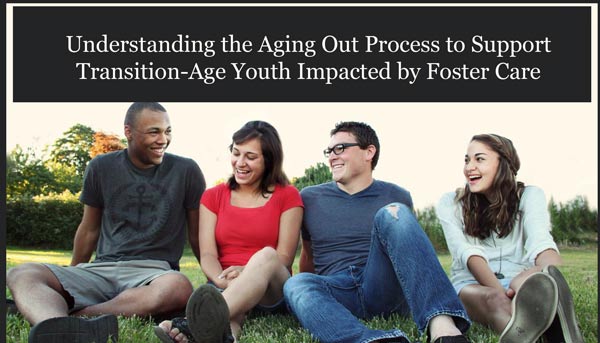
Understanding the Aging Out Process to Support Transition-Age Youth Impacted by Foster Care
Mentors and mentoring program staff play a crucial role in providing guidance, support, and advocacy for young people facing the challenges of transitioning out of foster care (often referred to as “aging out” of care). This resource provides an overview of the unique needs and experiences of these youth, state and federal aging out guidelines, and the importance of trauma-informed mentoring practices that can empower mentors and providers to navigate this critical time of transition.
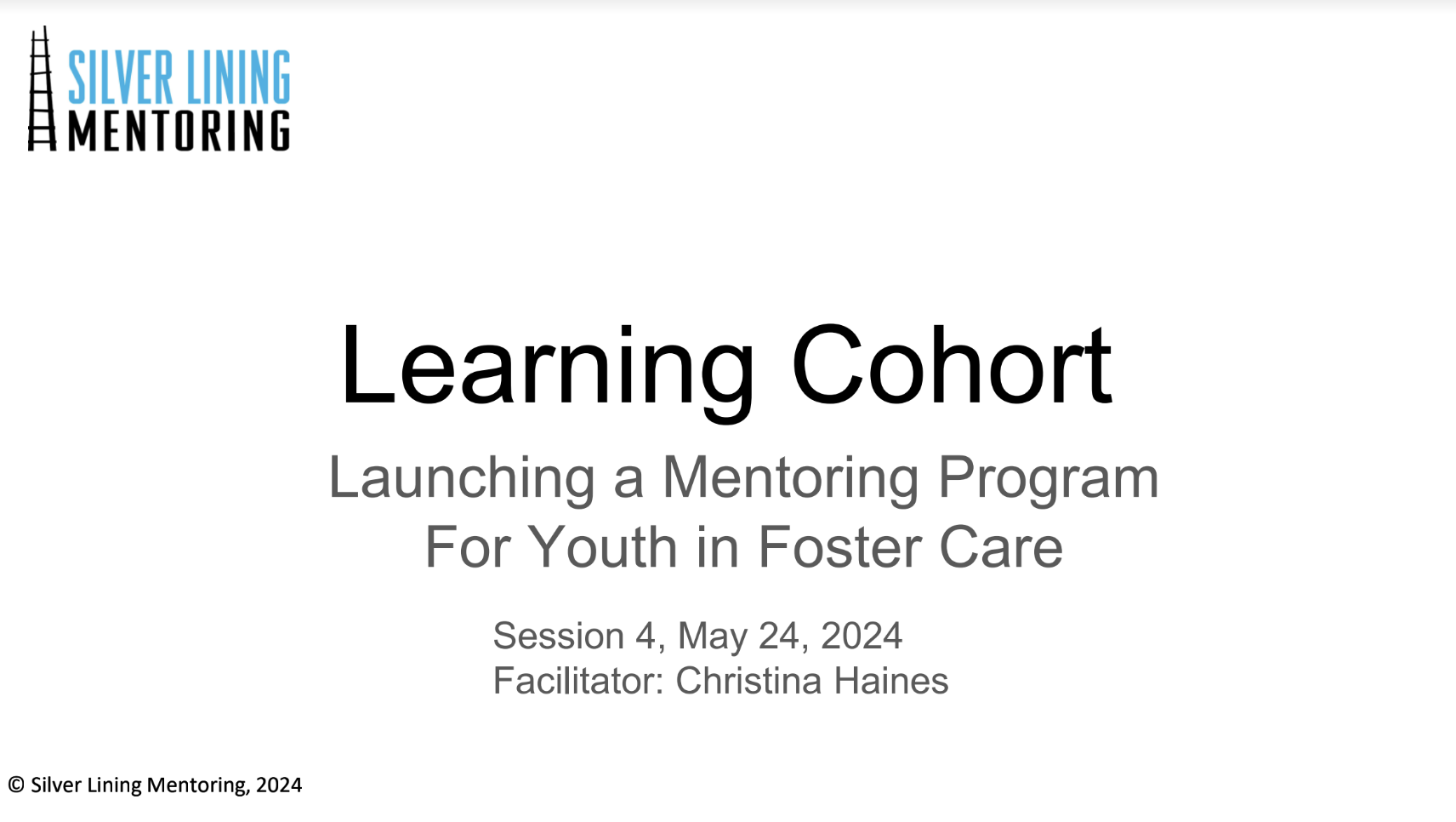
Launching a Mentoring Program for Youth Impacted by Foster Care: Evaluation, Resources, and Sustainability
Looking to enhance the foundation and sustainability of your mentoring program? This session offers tools and practices for creating a robust evaluation plan and structuring human resource planning for both short- and long-term goals. Knowing that strategic fundraising is critical for sustainability, we provide resources and tools for fundraising tailored to geographic context and unique program needs.
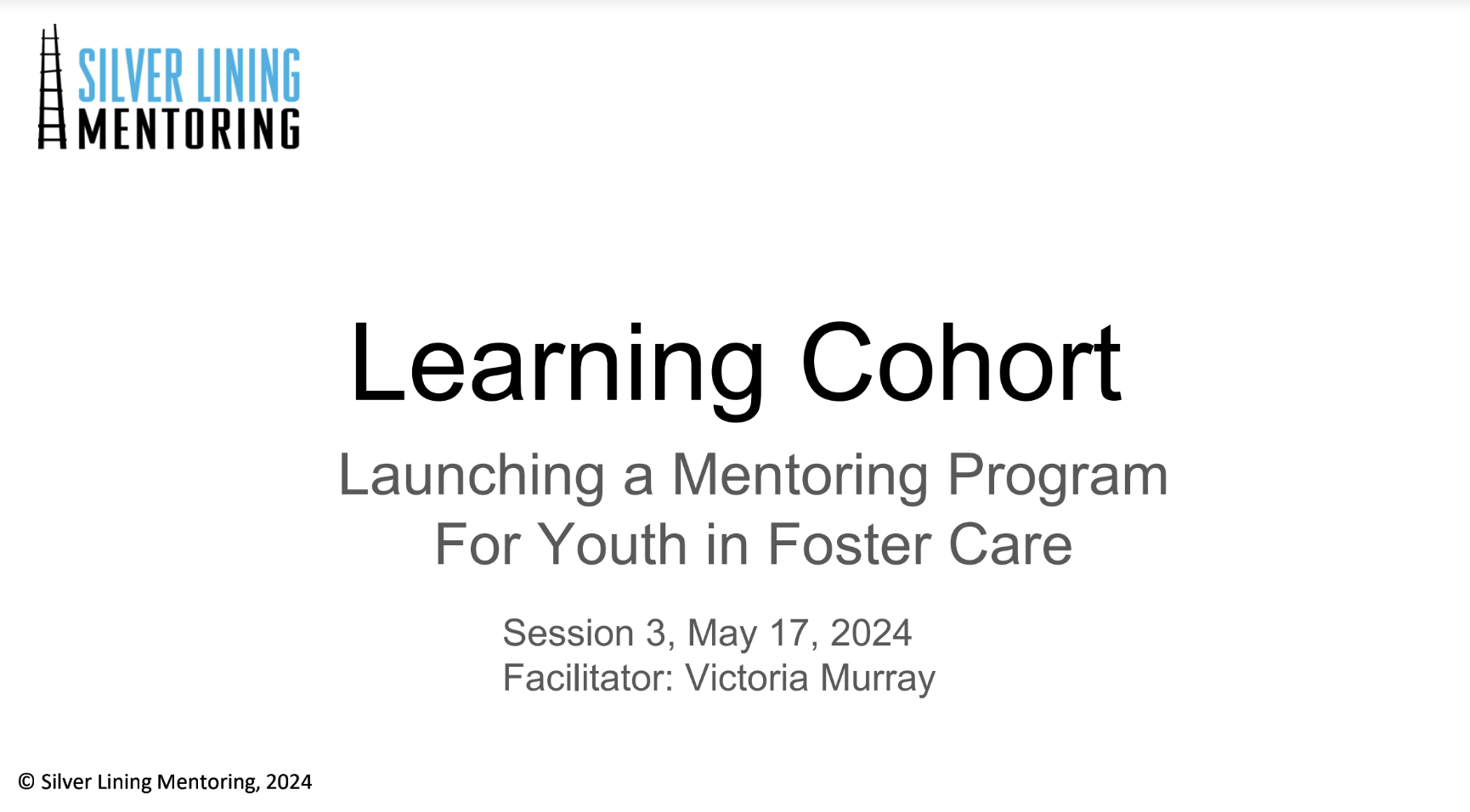
Launching a Mentoring Program for Youth Impacted by Foster Care: Matching, Monitoring and Support, and Closure
We know that exceptionally strong mentoring programs are infused with trauma-informed approaches from beginning to end. This session dives further into the Elements of Effective Practice for Mentoring with an overview of trauma and trauma-informed approaches, matching and initiation practices to support both mentees and mentors, and recommendations for monitoring and support that enhances communication and relationship building. A final crucial piece in this trauma-informed approach is the emphasis on important closure considerations for both expected and unexpected match endings.
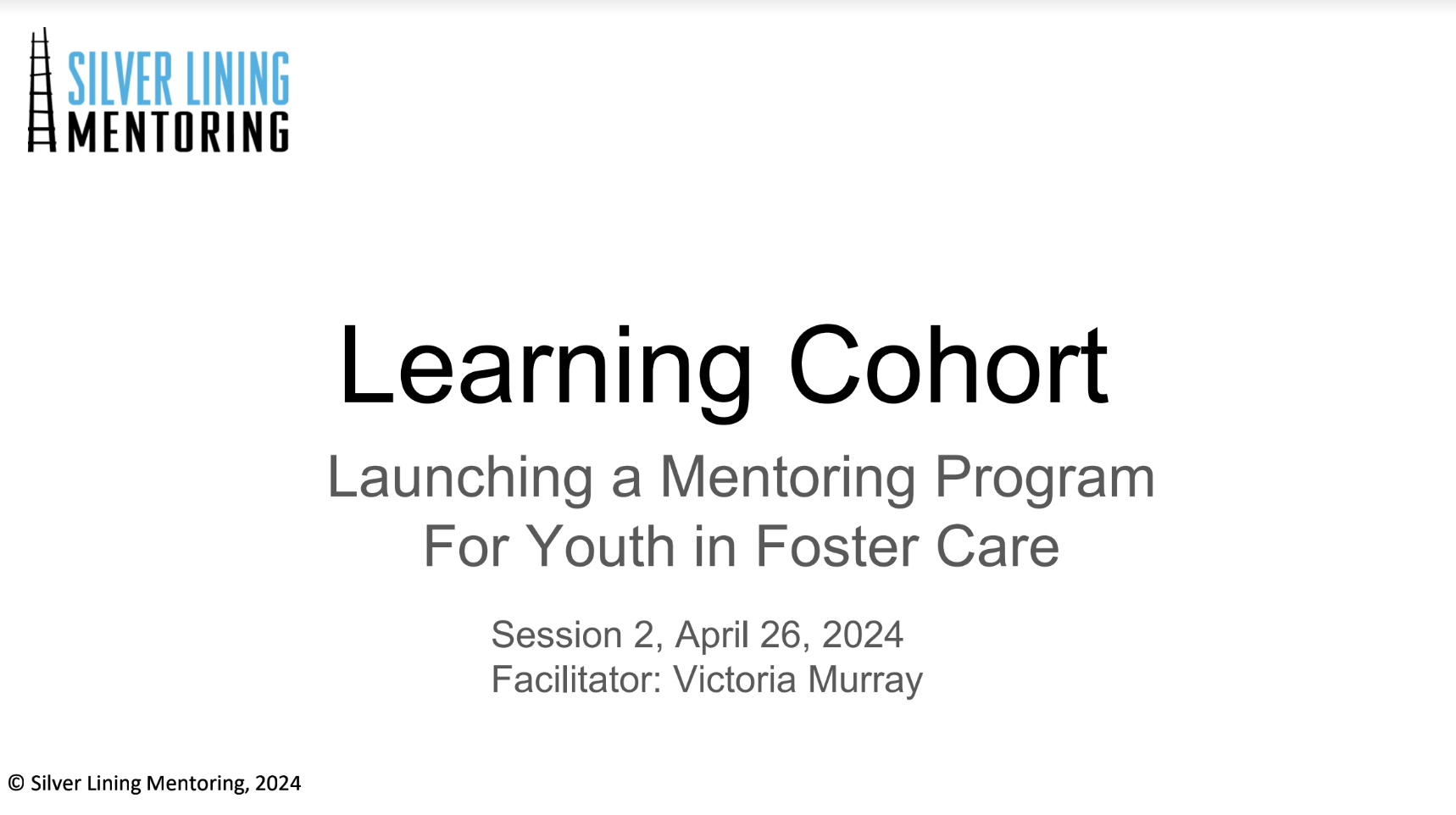
Launching a Mentoring Program for Youth Impacted by Foster Care: Recruitment, Screening, and Training
Mentoring programs can strengthen their familiarity, understanding, and engagement with key mentoring strategies by delving into the essential Elements of Effective Practice for Mentoring. In this session, we explore effective recruitment techniques to retain dedicated mentors for long-lasting matches, tailored screening procedures for mentors and mentees, and comprehensive training recommendations for mentors, mentees, and caregivers to support healthy mentoring relationships.
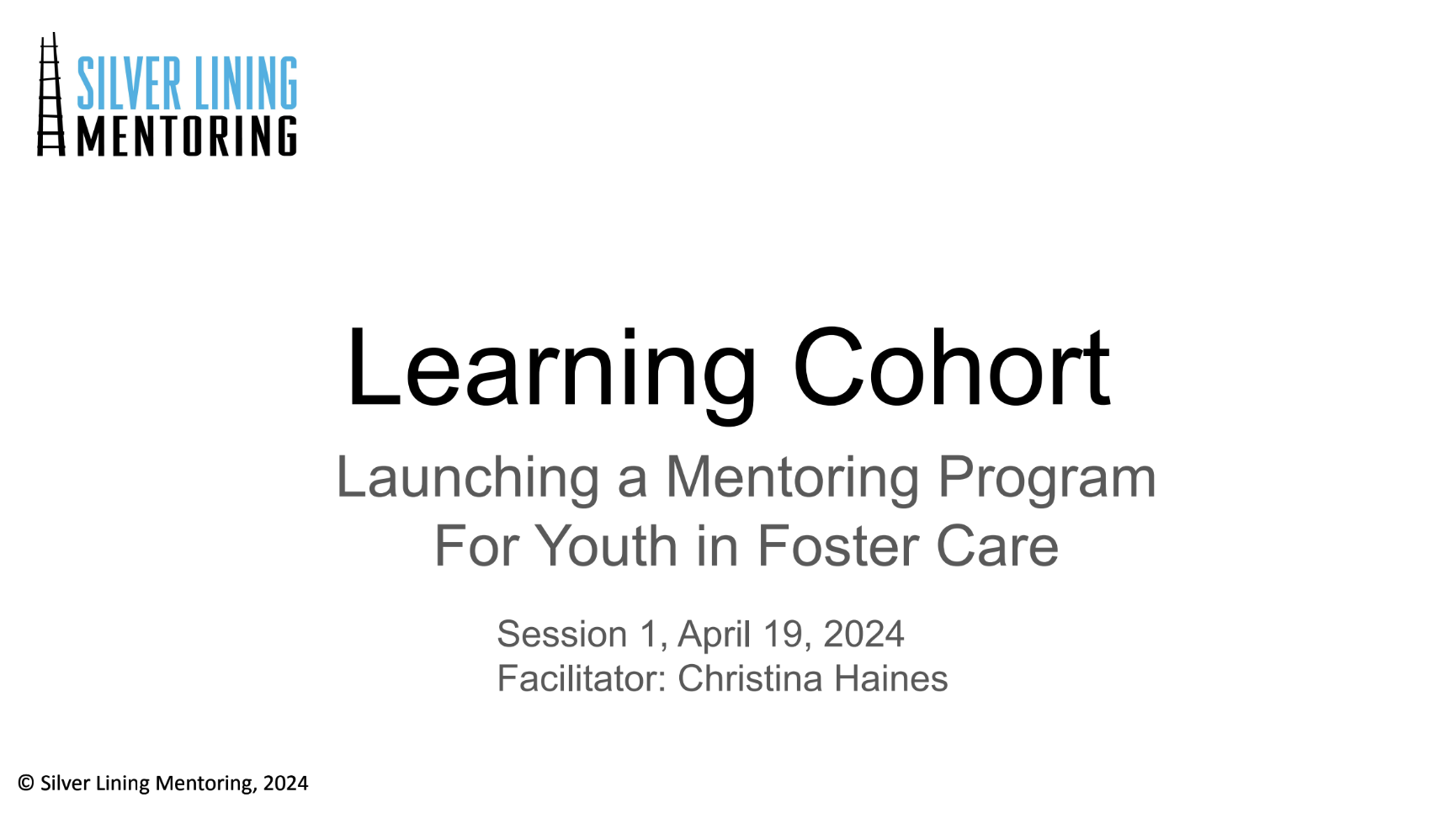
Launching a Mentoring Program for Youth Impacted by Foster Care: Concept, Stakeholders, and Organizational Structure
Guided by examples from Silver Lining Mentoring’s 23 years of direct service, this session guides practitioners with the tools to set up a sustainable mentoring program capable of operating for years to come. Exploring program concept development, theory of change, and stakeholder considerations, we orient practitioners to the Elements of Effective Practice for Mentoring for serving young people impacted by foster care and demonstrate why a sustainable program is critical to the success of mentoring relationships.
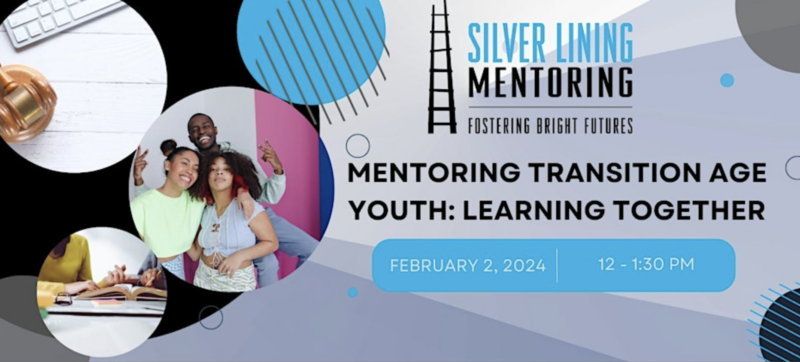
Mentoring Transition Aged Youth (TAY): A Collaborative Learning Exchange
This Fostering Progress event explores how mentoring programs can learn together with Transition Age Youth how to best support young people’s independent living and life goals. Transition Age Youth are young people just over age 18 who are transitioning to adulthood or out of state systems, such as foster care. The session includes discussion of program design, youth voice and continuous improvement, community partnership, and lessons learned and provides new insights on how to develop multi-faceted programming to support and empower TAY mentees.
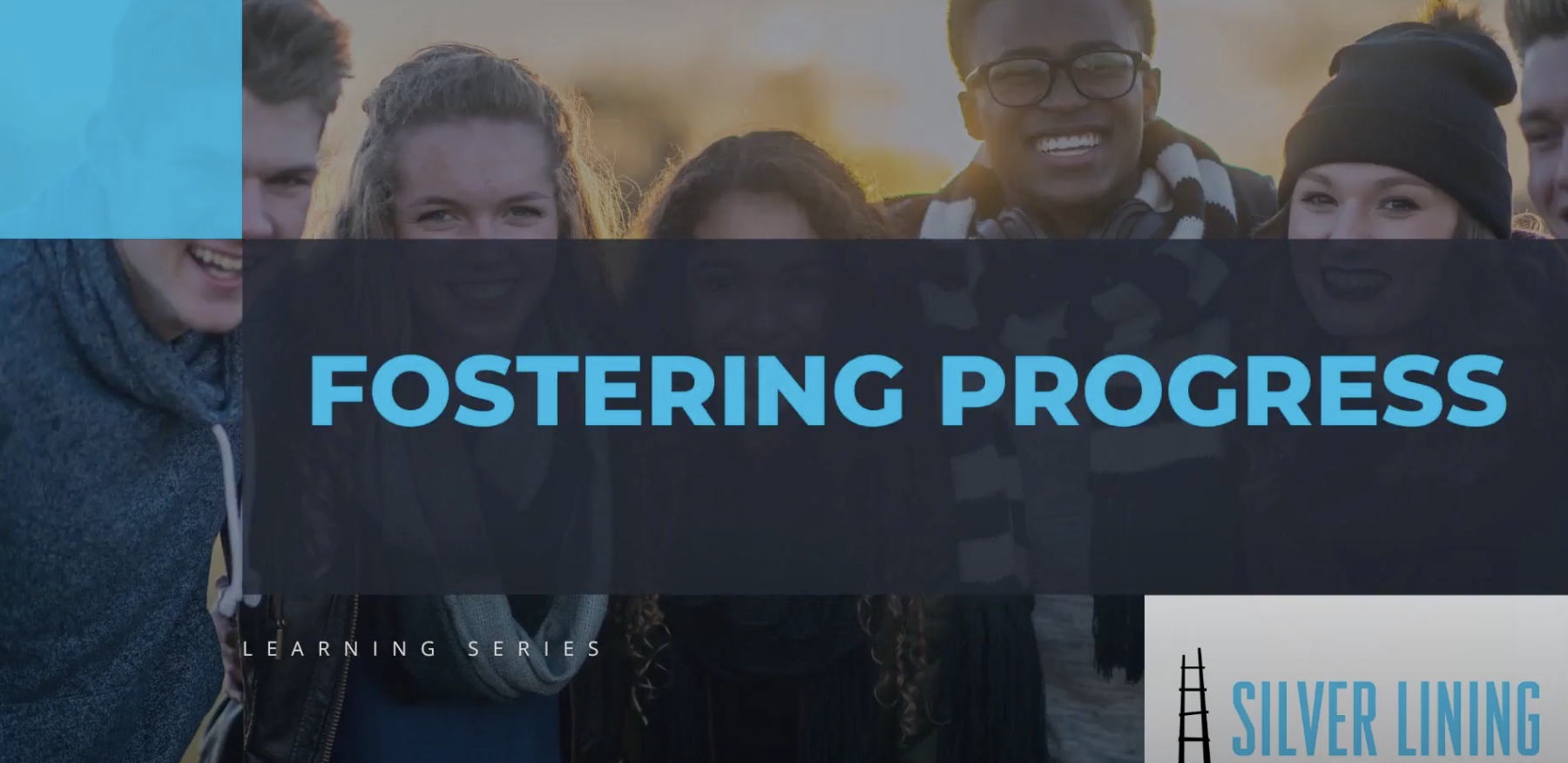
Getting Started with Policy Advocacy & Lived Experience – Fostering Progress
Programs know that governmental financial resources can aid in delivering mentoring programs, and that there are many reforms that should be made to the foster care system, yet participating in policy advocacy work can feel intimidating and daunting. In this session, you’ll learn practical tips to get started engaging the voice of youth and young adults with lived experience in policy advocacy work. You’ll also hear from SLM’s new Lived Experience Fellow, Jarrett Harper, a seasoned advocate with lived expertise, and examples of how SLM has started engaging in policy work. Viewers will also learn about a timely piece of proposed legislation, H.R. 3083 The Foster Youth Mentoring Act.
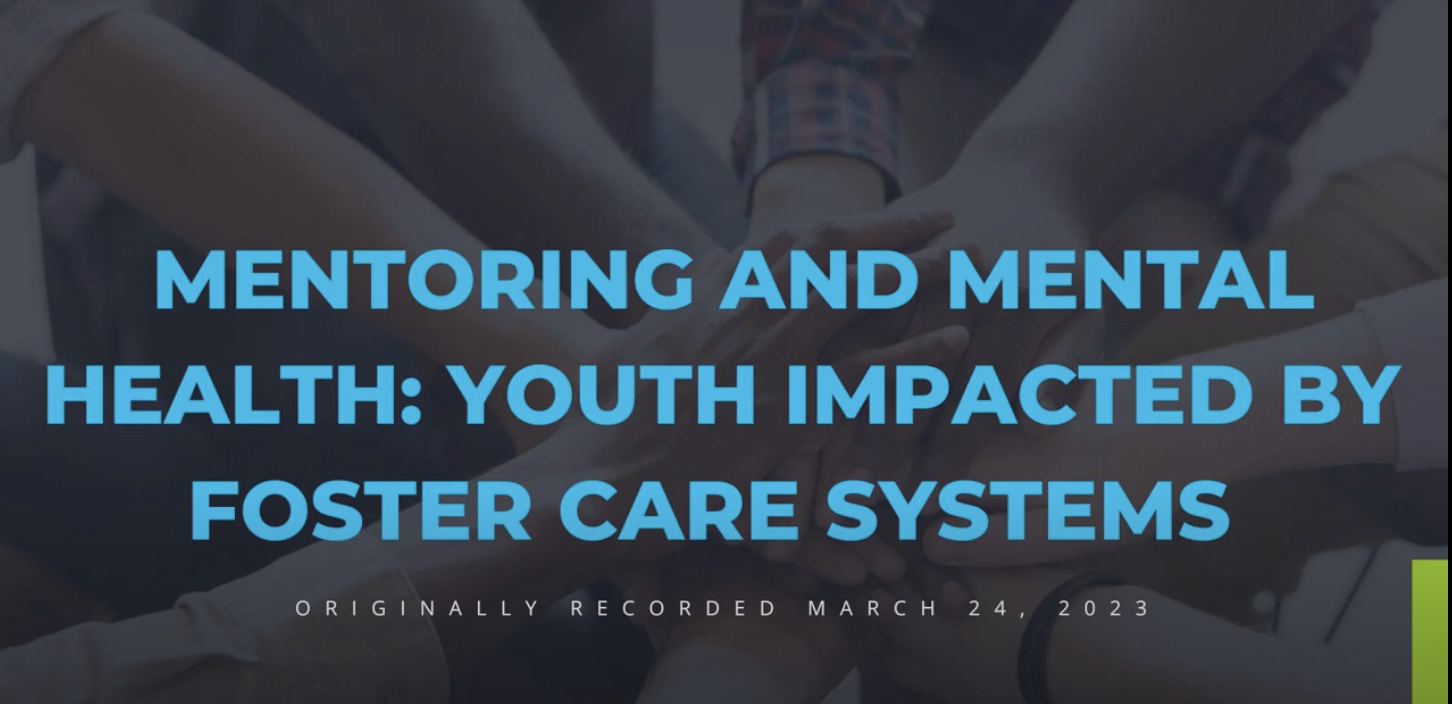
Mentoring & Mental Health – Fostering Progress
Despite the growing prevalence of mental health needs in today’s world, mental health education, support, and resources are still greatly needed. Youth impacted by foster care face additional barriers to continuity of care and stressors due to disrupted placements, separation from important relationships, and constant change. When it comes to mentoring and mental health, it is important for mentors and mentoring organizations to strengthen our understanding of mental health and identify the roles that we play to be of support to young people. In this session, we discuss mental health training recommendations for mentors, confidentiality, and explore unique considerations for supporting youth impacted by foster care and mental health.
Please download webinar resources, here.
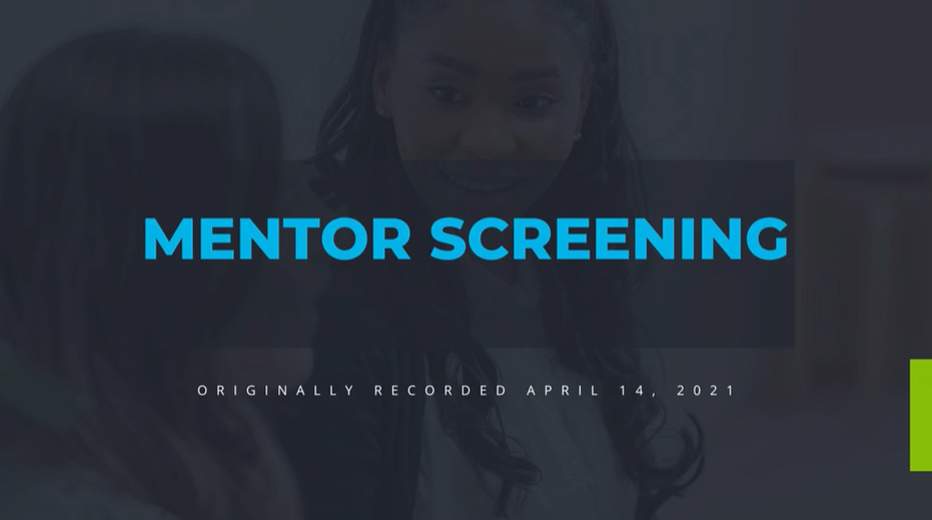
Mentor Screening – Fostering Progress
In this webinar, we will briefly review the key components of the Elements of Effective Practices for Mentoring Standard 2: Screening. With this foundation in place, we will explore and discuss how to ensure alignment between your program’s screening and training processes. We’ll walk through SLM’s current interview tool, review sample questions, and assess how using training scenarios in the interview stage can help to understand how a candidate would approach the mentoring role.
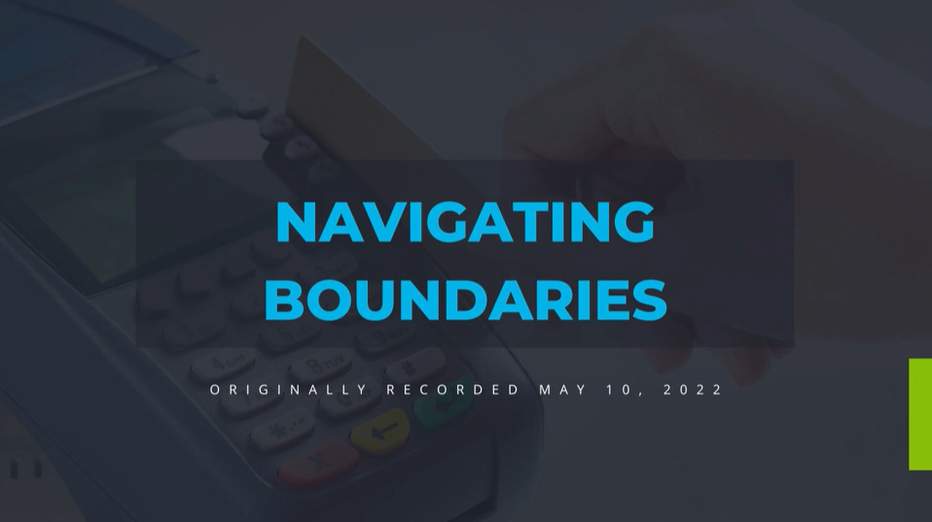
Navigating Boundaries – Fostering Progress
Developing awareness of boundaries for ourselves and others, along with strengthening language and tools to understand boundaries can support positive identity development, trust in relationships, and support safety. In this workshop, we will explore how we think about, talk about, and support boundary setting in mentoring relationships with a specific focus on trauma-informed boundary setting to support youth impacted by foster care. We will also explore and discuss how programs can strengthen boundaries in mentor screening, training, and monitoring.
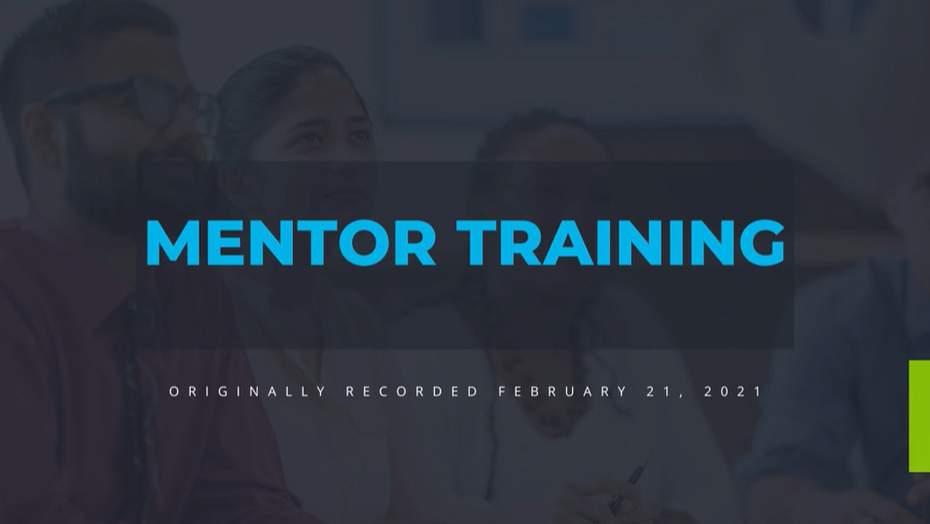
Mentor Training – Fostering Progress
Many mentoring programs struggle with how best to screen and train mentors in ways that get to know potential volunteers, teach necessary skills and ensure that mentors’ values are aligned with programmatic values. In this session, we discuss how mentoring programs are assessing mentors’ learning and capacity to change and how mentor screening and training influences ongoing match support.
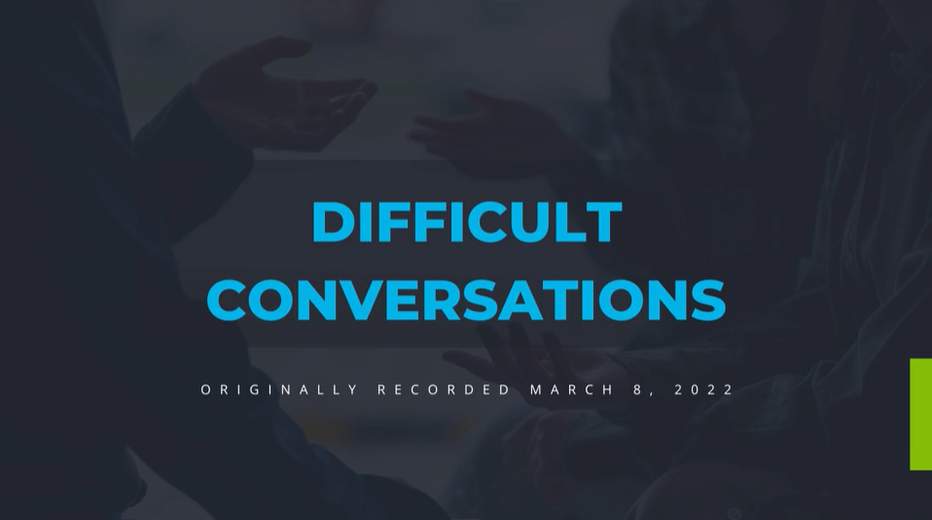
Difficult Conversations – Fostering Progress
There are difficult conversations that are common to all mentoring programs including enforcing a program policy, delivering corrective feedback to a mentee or mentor, and holding a boundary. In this session, we’ll discuss the tools and procedures your program can develop to navigate difficult conversations that also support youth impacted by foster care. This can benefit everyone involved, particularly when it comes to reducing trauma and increasing emotional safety.
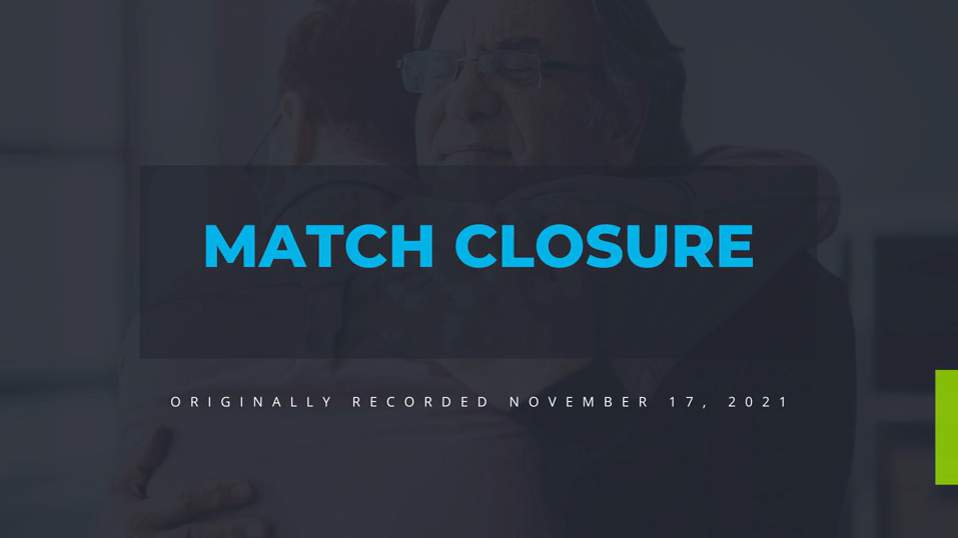
Match Closure – Fostering Progress
Mentoring programs spend a lot of effort to help build healthy relationships. But what about ending them? In this session of Fostering Progress, our webinar series for mentoring programs, we explore match closure as a critical consideration when mentoring programs serve youth in foster care.
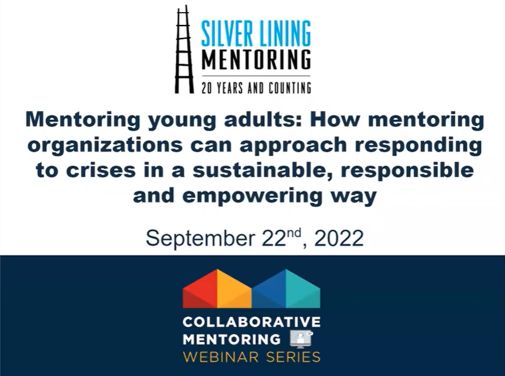
Mentoring young adults: How mentoring organizations can approach responding to crises in a sustainable, responsible and empowering way
In this Collaborative Mentoring Webinar Series session, the Silver Lining Institute joins MENTOR National to share how mentoring programs can respond to crises in an empowering way.
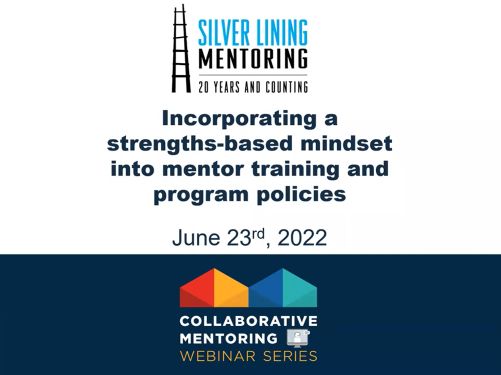
Incorporating a Strengths-Based Mindset into Mentor Training and Program Policies
In this Collaborative Mentoring Webinar Series session, the Silver Lining Institute joins MENTOR National to share how strengths-based mindsets can best support your mentors and mentees.
